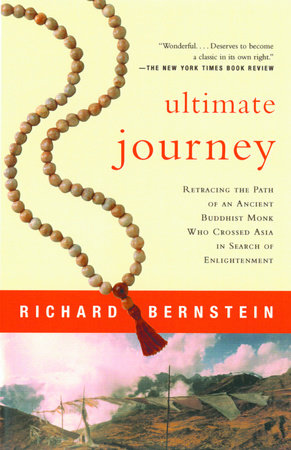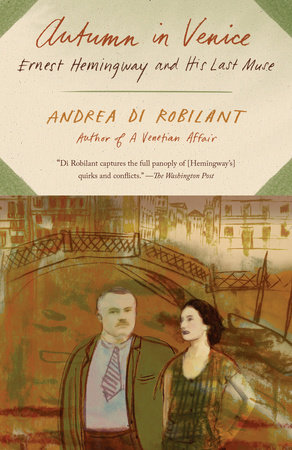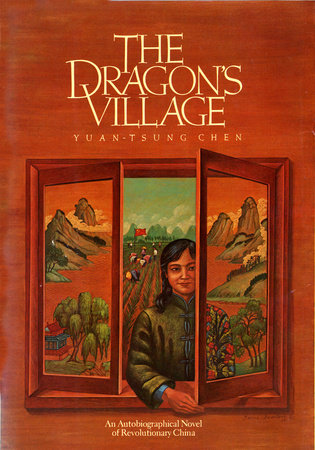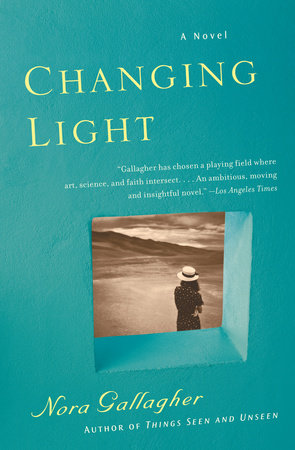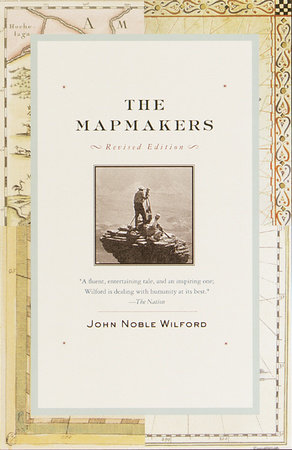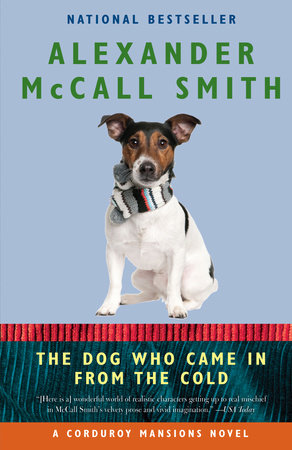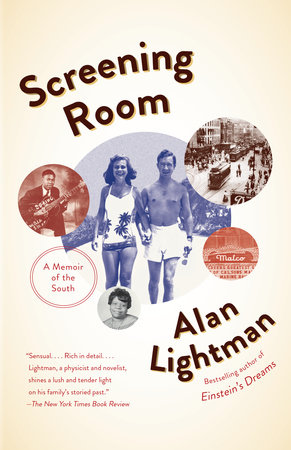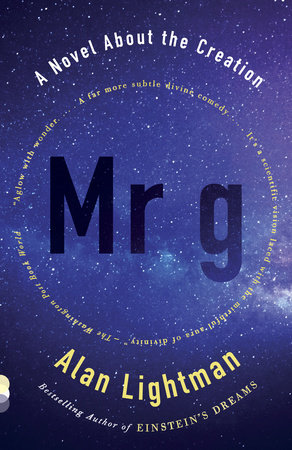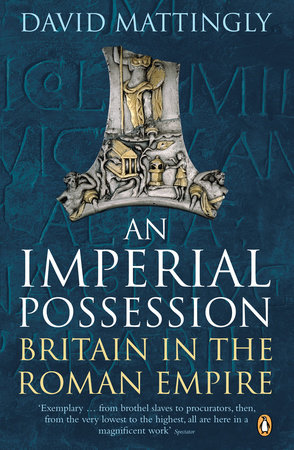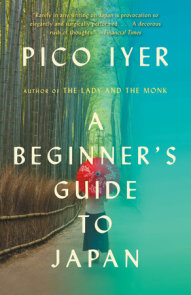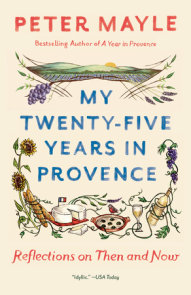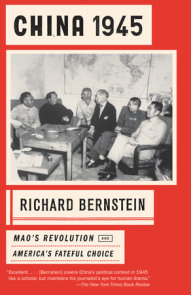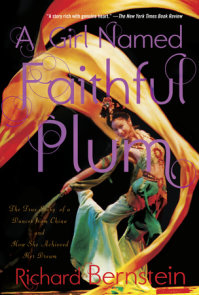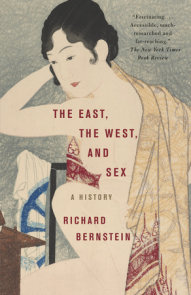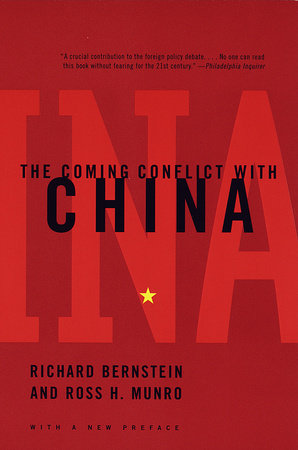Author Q&A
A Conversation with
RICHARD BERNSTEIN
author of
ULTIMATE JOURNEY
Q: Why did you write this book?
A: For two reasons main reasons. One is simply that I’ve always wanted to
travel between China and India and write about the experience. That trip
always seemed to me the ultimate getaway, and when I turned fifty, I felt
an urgent need for a getaway of dramatic proportions. Second, for a
thousand years, the road between China and India was the most important
thoroughfare of ideas, commerce and conquest in the world, the greatest
event of them all being the spread of Buddhism from India to China. I
wanted to restore the sweep of history to a part of the world that has
fallen out of the western consciousness, to put it back where it belongs.
Q: What is the meaning of the title?
A: The book is based on my duplication of a famous journey undertaken by
one of the most storied figures in Chinese history, a Buddhist monk named
Hsuan Tsang who, in the 7th century, went from the Chinese imperial capital
at Changan (today’s Xian) to India in search of the Buddhist truth. So my
title refers mostly to two ways in which Hsuan Tsang’s trip was, so to
speak, ultimate. First I believe that he achieved the greatest travel
exploit in history, even greater, say, than Marco Polo’s several hundred
years later. Second, his purpose was not to acquire fame or profit but to
engage in a deep and enduring quest for philosophical knowledge, spiritual
truth, to unlock the secrets of mind that, the Buddhists believed, would
liberate human kind from suffering. In other words, Hsuan Tsang undertook
the ultimate journey in search of ultimate truth.
Q. Does that word "ultimate" refer only to the monk, or to you as well?
A. It would be immodest in the extreme for me to rate my own journey with
Hsuan Tsang’s’ and yet I was thinking of myself when I gave the book that
title. I’ve done quite a lot of travel in my life, as a student years ago
and as a foreign correspondent for Time Magazine and the New York Times,
but never did I undertake a trip of the dimensions or the arduousness of
this one. So, yes, it was my personal ultimate journey too.
Q: How do you describe the book: is it a travelogue, a spiritual journey, an
adventure story, a personal quest?
A: I would hope a little bit of all of those. First of all, it is
certainly a travelogue and a personal adventure. The book is a narrative
of my own trip from Central China to southern India and back, during which
I kept my eyes open and had quite a few adventures and misadventures. I was
accused of being an American spy in a noodle shop in Jiayuguan in China; I
was invited to participate in a cremation on the banks of the Ganges River
near Varanasi; I met the last remaining Jews at a synagogue in Calcutta; I
tracked down the supreme leader of Hinduism, a supposed incarnation of
Shiva known as the Shankaracharya of Kanchipuram, and interviewed him in a
town called Nerul, not far from Bombay. But there’s plenty of history and
Buddhist philosophy in the book too. I wanted to give a sense of the great
events that took place on the China-India road, which was ancient by the
time Hsuan Tsang traveled it. And I wanted to highlight the nature of
Hsuan Tsang’s own spiritual journey, his philosophical quest, which was
incredibly deep, a thing of beauty in itself. So I tried to write an
account that would be fun to read, full of people and events, but that
would have real information in it, about China and India, about such
historical figures as the great Khan of the Turks or the Kushan King
Kanishka of India, as well as about Buddhism and about the nature of
spiritual search as well.
Q: How long was the trip and how did you travel? Was it difficult terrain
to cross?
A: In all, I covered about 12,000 miles, mostly by train, bus and jeep,
and, yes, it was difficult terrain. I found it lonely and exhausting at
times, exhilarating at others, though probably my single greatest hardship
was simply the incredible heat of Central Asia and India in the summer
months, when I traveled. The return trip went along the Karakorum Highway
through the incredibly rugged terrain of Pakistan, and then along the
southern oases of the great Takla Makan desert in Western China. That was
an ordeal that I wouldn’t want to go through again, though having done it
once was wonderful.
Q: Is this a trip anyone could take, without prior experience in Asia?
A: Probably, but one would have to expect lots of delays, lots of language
problems and a pretty high degree of discomfort. But yes, anybody with
enough time and endurance could do the same trip.
Q: What was the hardest part of the journey?
A: The beginning and the end. The beginning because, for reasons I
explain in the Introduction, I didn’t have the proper travel documents in
China and I was traveling in a part of the country that is absolutely
closed to journalists. I had to move about in low-key fashion, so as not
to attract the attention of the security police. This was not made easier
by the fact that the United States bombed the Chinese embassy in Belgrade,
when I was in China. There were some close calls and a good deal of
suspense. The end was full of difficulties, because of the heat, the lack
of comfort along the way, the very extremity of the terrain, which is
awesome in its desolation. Then there were times in India and in
Southern Nepal when I battled with something close to heat prostration,
and an intestinal disorder that almost put me out of commission.
Q: Were you ever afraid for your safety on this trip? If so, when?
A: You’re always concerned for your safety when you travel to unfamiliar
territory, and I had a few scary moments, like the time I found myself on
the Kazakhistan-Uzbekistan border in a car with two brawny young guys in
military fatigues asking me for money. There were places I didn’t go,
because I felt it was too dangerous. I thought a few times that our jeep
would tip over a cliff and we’d be plunged into the Indus River in
Pakistan. But I never felt that my life was in danger.
Q: What appealed to you so much about the life of the monk whose steps you
followed? Why did he inspire you to make such tremendous effort?
A: Hsuan Tsang’s goal was to find the deepest truths about human nature and
human identity, and he needed to undergo a kind of trial, a fabulously long
and difficult journey away from what was familiar to him, in order to carry
out that search. He was a high-born person, very famous as a Buddhist
teacher before he left for India, and he could have had a comfortable,
privileged life at home in what was then the world’s richest and most
cosmopolitan city. Instead, he went off to see the world, and to study
with the greatest philosphers of his time. I find that tremendous,
admirable, worthy of emulation. And I also have transposed Hsuan Tsang’s
quest into something personal, meaningful for me and, I think, for all of
us. We all need to find our truest selves, to figure out who we really are
apart from the definitions that are imposed by circumstance and authority.
There are many ways of doing that, but my way, having reached a kind of
impasse in some areas of my life, was to take this ancient Chinese monk as
a model and to try to do–in four months of travel, not seventeen–what he
did.
Q: That sounds rather abstract. Can you be more specific? For example,
you describe yourself in the book as a man unable to commit himself in a
relationship with a woman, but now you are married to the woman you were
seeing before you left on your trip. Is that what you are talking about?
A: My marriage to Zhongmei, who was my traveling companion for the
beginning and the end of the trip, is certainly a specific example. Yes, I
was unable to commit myself, and that inability was symptomatic of more
general trends in my life that I wanted to change. Let me put it this way.
When I was younger, still a student, I embarked on long exotic travels,
once going overland from Europe to India, and I promised myself that my
life would have plenty of adventure in it. Then, years later, I found
myself turning fifty and leading a rather sedentary existence, having
gotten to a certain point but unable to get farther, living in a kind of
gilded cage of my own making, feeling kind of bound by inertia. My life
was by no means tragic; it wasn’t even unhappy. But I was thinking about
the persistence of my sense of unbelonging, my feeling alienation, my
inability at the age of fifty to come to terms with love and commitment, to
feel content. I felt that a total break might give me some perspective and
help me to do the things that had eluded me, like getting married, but I
was also hesistant to leave home and endure the discomforts and dangers of
a trip. In other words, I was stuck. But the amazing thing, as my
marriage to Zhongmei shows, is that when I finally succeeded in breaking
away from my routine, something did change. I did come back from my
ultimate journey a bit calmer, a bit less impatient, a bit more defined
than I was before, surer of what I want for the future. It’s true, as I
say at one point in the book, that you have to go far in order to return to
yourself.
Q: Why does traveling open so many emotions otherwise unavailable to us?
A: For one thing, real travel is lonely; it confronts you with yourself,
isolated from your familiar ground, and loneliness itself is a powerful
emotion. Maybe one of the things that travel does is enable you to accept
a degree of solitude, which is a very different matter altogether from
loneliness, more noble, stronger, less desperate, more in tune with the
essential human condition. I felt this when I spent a night in a place
called Tash Rabat in the mountains of Kyrgyzstan, which is about as far
away from home as I’ve ever been. But remember the epigram for my book is
a line from Cavafy about how no ship can take you away from yourself. You
can travel, but you take yourself along whever you go. You can learn and
you can change, not by running away from yourself but by confronting
yourself with something entirely different, experiencing things that you
wouldn’t experience in the safety of home.
Q: Buddhism has gained enormously in appeal in the West in recent years.
Why do you think this is so?
A: I think, paradoxically, it’s because we live at a time of unprecedented
material plenty and of egotistical ambition, and Buddhism provides a
persuasive antidote to the resulting soullessness of it all. Having
experienced such incredible, garish degrees of prosperity and ease, and
having striven so hard to be rich and glamorous, we are ready for
Buddhism’s lesson that this kind of striving is not what makes us happy.
Buddhisms central premise is that we have an illusory notion of the self,
and that we become ferociously attached to things that, if we understood
Ultimate Truth, we would know were figments of our false awareness. At the
same time, Buddhism does not depend on belief in a Supreme Being. It is in
this sense a rather unreligious religion. So it provides a philosophical
alternative for people in a secular age when traditional religious solace
seems unavailable to many.
Q: Are you a Buddhist yourself, or did you become one on your trip, and, if
you did, how does that square in your mind with your Jewish upbringing?
A: I admire Buddhism and I find studying it very rewarding. I find many of
its formulations, its love of impossible paradoxes, the power of its logic,
to be poetic and fascinating. But I’m not a Buddhist. I talk in the book
in this sense about some of the similarities and differences between
Judaism and Buddhism and I describe the reasons why, spiritually and
culturally, I see my Judaism as a kind of personal moral requirement for
myself. But this too is something that going far away, exploring another
tradition, helped me to see more clearly.
Q: Twenty years ago, you became Time Magazine’s first Beijing bureau
chief. How has Asia changed since then? Has growing commercialism
destroyed any mystery travelers might still be seeking?
A: China certainly is almost unrecognizable from the days when I lived
there in the late 1970’s through the early 1980’s. But this is common
knowledge. In the book, I try to show the changes in some of the less
obvious ways. For example, in the way that it has become possible to
relate to people. The question about commercialism destroying mystery is
an important one. My trip brought home to me the sad fact that there is
almost no such thing as the truly remote anymore (though, as I’ve said, if
you take the southern route across the Takla Makan, you will be as remote
as possible and still be on the planet). But there is also a spiritual
and philosophical remoteness that remains. The Shankaracharya of
Kanchipuram, for example, whom I met after much effort in India, is a
figure who shows that the human search for meaning still provides plenty of
mystery.
Q: You are most well known as a literary critic for the New York Times. When
you write, do you ever hear your critic’s voice in the back of your head?
Can you turn the critic off when you need instead to be a creative writer?
A: Well, many writers are also critics, or, at least, many of them write
reviews of other people’s work. I just do it more regularly than most. I
don’t think you turn off the critic when you write yourself; you try to
apply to your own writing what you’ve learned by examining other people’s
work.
Q: One contradiction inherent in many insatiable travelers is the anticipation
of returning home, and then once there, the desire to leave again. Has this
feeling come over you since you’ve been home?
A: To be honest, yes, even though when I wrote the book I was convinced
that I had, at long last, satisfied the urge to get far away and would be
content to remain at home. I know that to take another trip like the one I
took for Ultimate Journey would be lonely and difficult and that I’ll
feel homesick, miserable at times, queasy in the stomach. And yet, the
lure of the exotic, the appeal of the getaway, endures.
